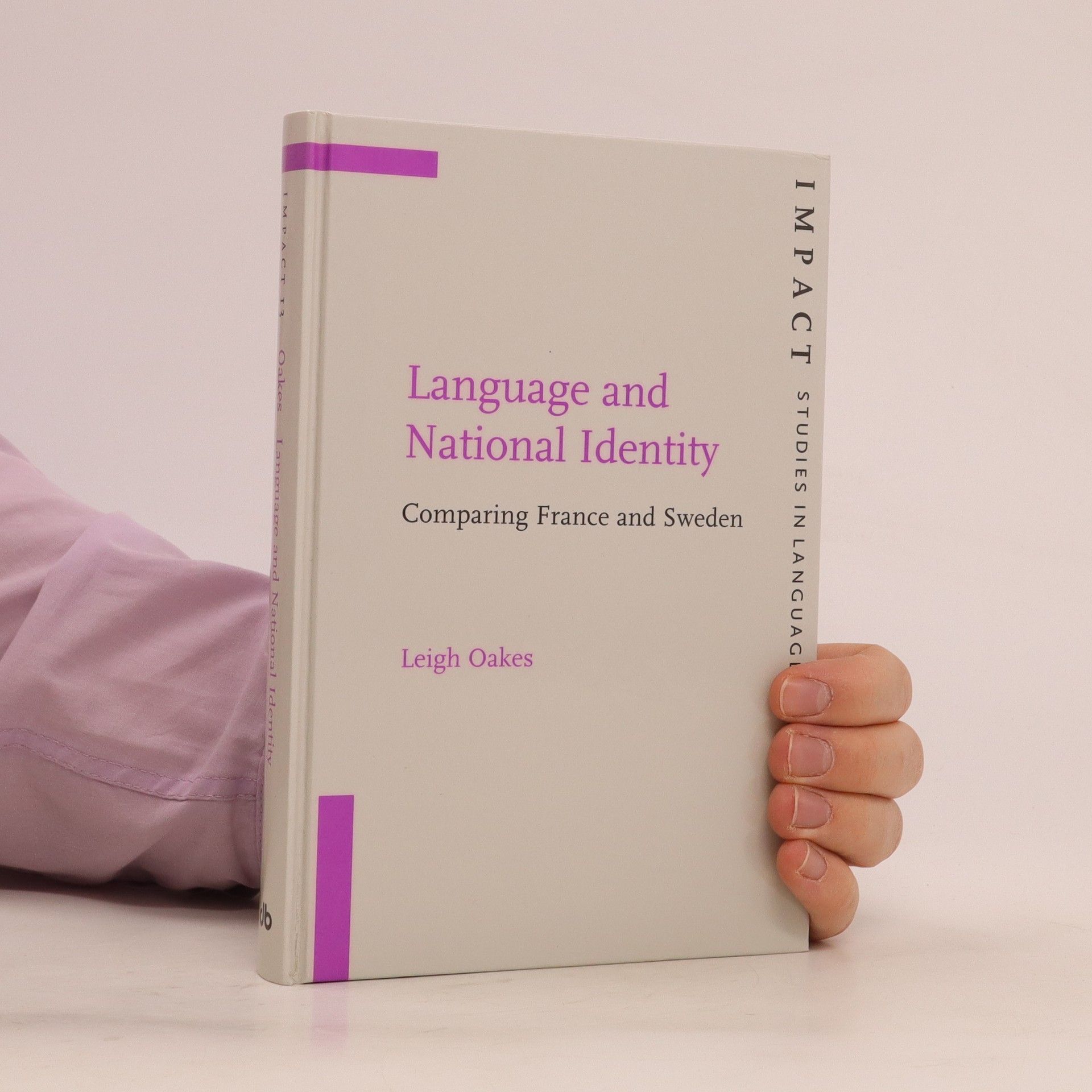Social media is a new type of public space that has revolutionised the way women express themselves, placing the power of representation in female hands like no technology before. But this increased visibility looks both ways, with the gazed upon also gazing back through platforms designed for judgement and surveillance.A man-made tool, social media is now deeply entwined with women’s lives in an always-on culture where new and intrusive forms of comparison, shaming and watchfulness are completely normalised and women’s bodies, minds and emotions are picked apart. While many are acutely aware of this ‘visibility trap’, taking ownership of it remains a minefield.In The Visibility Trap, Mary McGill blends feminism, media studies and lived experiences to explore the contradictions and dangers of online visibility for women, asking how we can build better, safer digital spaces for all. From current research to real-life testimonies, via the Kardashian Industrial Complex (KIC) to image-based sexual abuse — ‘revenge porn’ — and its belated criminalisation, she offers urgent and welcome insights into using social media more consciously, powerfully and positively. This is a must-read for anyone who loves or hates social media; for the guardians of future social media users and for anyone else who is still half-on, half-off this most twenty-first century of obsessions.
Leigh Oakes Libros



Normative Language Policy
- 204 páginas
- 8 horas de lectura
What moral principles justify state interventions in language endangerment? How fair are the generally preferred 'hands off' principles in an increasingly English-dominated world? How ethical are community-led language maintenance initiatives? These are all important current questions relating to language policy and are the subject of this pioneering new study.
This book re-examines the relationship between language and national identity. Unlike many previous studies, it employs a comparative approach: France and Sweden have been chosen as case studies both for their similarities (e.g. both are member states of the European Union) as well as their important differences (e.g. France subscribes in principle to a civic model of national identity, whereas the basis of Swedish identity is undeniably ethnic). It is precisely differences such as these which allow for a more comprehensive understanding of the ethnolinguistic implications of some of the major challenges currently facing France, Sweden and other European countries: regionalism, immigration, European integration and globalization. The present volume benefits from the use of a multidisciplinary approach, and differs from others on the market because of the variety of methods of inquiry used. A series of societal analyses is complemented by an empirical component, bringing a more grounded understanding to the issue of language and national identity.